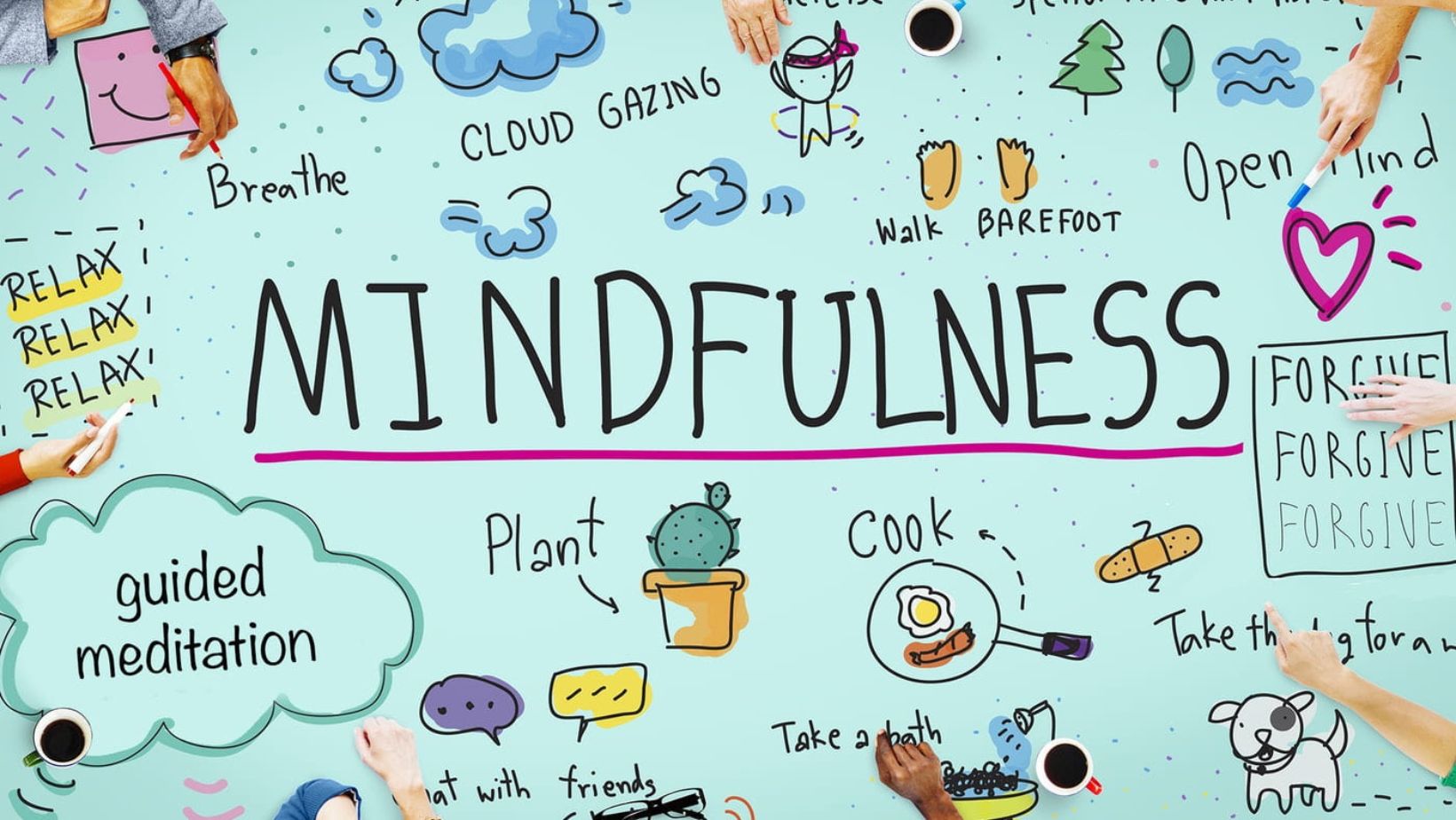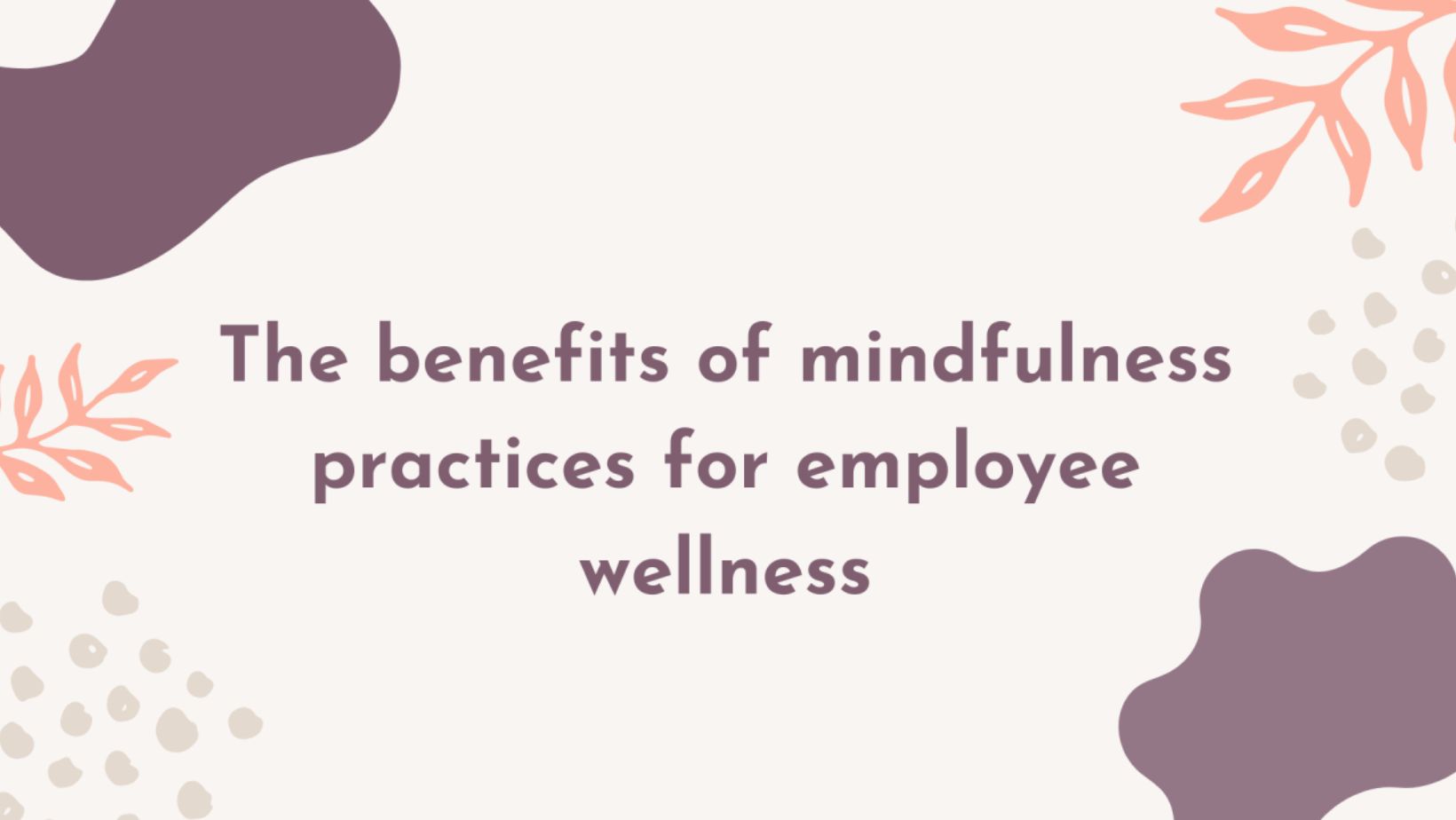How to be an Adult in Relationships: The Five Keys to Mindful Loving
As we delve into the realm of adult relationships, it’s essential to navigate this intricate dance with mindfulness and love. How to be an adult in relationships: the five keys to mindful loving Being an adult in relationships requires a blend of self-awareness, emotional intelligence, and effective communication skills. These qualities form the cornerstone of creating healthy and fulfilling connections.

One key aspect of mindful loving is emotional intelligence. Understanding our own emotions as well as being attuned to our partner’s feelings allows for deeper empathy and connection. It involves recognizing and managing emotions effectively, which is crucial in maintaining harmony and resolving conflicts constructively.
Effective communication stands as another vital pillar in fostering adult relationships. Open dialogue that encourages honest expression of thoughts and feelings can strengthen bonds and build trust between partners How to be an adult in relationships: the five keys to mindful loving. Being able to listen actively without judgment while also articulating one’s needs forms the foundation for healthy interactions.
Understanding Mindful Loving in Adult Relationships
When it comes to cultivating mindful loving in adult relationships, it’s crucial to establish a deep sense of self-awareness. This involves understanding your own emotions, triggers, and communication style before being able to truly connect with another person on a meaningful level. By taking the time to reflect on your own feelings and reactions, you can approach interactions with more empathy and understanding.

In addition to self-awareness, active listening plays a pivotal role in fostering mindful loving. Instead of simply waiting for your turn to speak, make a conscious effort to listen attentively to your partner’s words, thoughts, and feelings. This practice not only demonstrates respect but also allows for better comprehension of your partner’s perspective, leading to more constructive conversations and deeper emotional bonds.
Moreover, practicing empathy is essential in creating a supportive and compassionate environment within adult relationships. Empathy involves putting yourself in your partner’s shoes and trying to understand their experiences without judgment. By showing empathy towards your significant other, you validate their emotions and demonstrate that you are committed to mutual growth and understanding in the relationship.
Furthermore, maintaining open communication channels is key to building trust and intimacy in adult relationships. Encourage honest dialogue about both the joys and challenges faced together. Addressing conflicts openly and respectfully can strengthen the bond between partners by fostering transparency and vulnerability within the relationship dynamic.
Lastly, embracing vulnerability is fundamental in cultivating mindful loving connections with others. Being willing to show your authentic self – fears, insecurities, dreams – can create a space for genuine emotional intimacy that transcends superficial interactions. When both partners feel safe expressing their vulnerabilities without fear of judgment or rejection, it paves the way for profound emotional closeness and enduring love within adult relationships.Reflecting on the journey through the five keys to mindful loving, it’s evident that cultivating a mature approach to relationships is a multifaceted endeavor. By embracing authenticity and vulnerability, we lay the foundation for genuine connections based on mutual respect and understanding.
Communication
When it comes to nurturing healthy relationships, effective communication stands as the cornerstone. Open and honest dialogues lay the groundwork for understanding, empathy, and connection between partners. Without clear communication channels, misunderstandings can easily arise, leading to conflicts and emotional distance.

One essential aspect of communication in relationships is active listening. It’s not just about hearing words but truly comprehending their meaning and the emotions behind them. When I engage in a conversation with my partner, I make a conscious effort to listen attentively without interrupting, allowing them to express themselves fully.
Moreover, non-verbal cues play a significant role in communication. Tone of voice, body language, and facial expressions often convey more than words alone. Understanding these subtleties can help avoid misinterpretations and foster deeper connections with one another.
Setting aside dedicated time for meaningful conversations is crucial for maintaining strong bonds. In today’s fast-paced world filled with distractions, carving out moments to communicate without disruptions demonstrates commitment and prioritization of the relationship.
Lastly, expressing thoughts and feelings openly yet respectfully is vital in fostering a safe environment for both partners to share their vulnerabilities. Creating a culture of transparency lays the foundation for trust and intimacy to flourish within the relationship.

